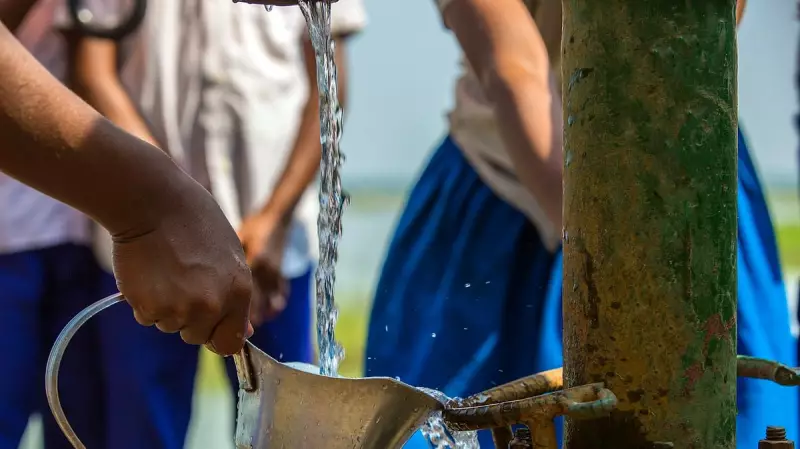
In a significant move to enhance transparency and accountability, the Central Government has launched a comprehensive data collection drive targeting contractors and inspection agencies involved in the ambitious Jal Jeevan Mission. This initiative comes as part of a broader crackdown on underperforming and non-compliant entities within the flagship water supply program.
Nationwide Scrutiny Intensifies
The Department of Drinking Water and Sanitation (DDWS) has formally requested all states and union territories to submit detailed information about contractors and third-party inspection agencies that have faced penalties or disciplinary action. This data collection spans the entire duration of the mission implementation, aiming to create a comprehensive database of compliance issues.
What States Must Report
According to official communications, states are required to provide specific details including:
- Names of penalized contractors and inspection agencies
- Nature of violations and deficiencies found
- Types of penalties imposed (financial, blacklisting, etc.)
- Duration of penalty periods
- Geographical areas where violations occurred
Ensuring Quality Control
The Jal Jeevan Mission, which aims to provide functional household tap connections to every rural household by 2024, has been facing challenges related to quality control and implementation standards. This new data initiative represents a crucial step toward identifying systemic issues and improving overall program effectiveness.
Impact on Future Projects
Industry experts suggest that this comprehensive database will serve multiple purposes:
- Prevent repeated hiring of underperforming contractors
- Create accountability mechanisms for quality assurance
- Help states make informed decisions during contractor selection
- Ensure public funds are utilized effectively
The collected data is expected to be analyzed centrally to identify patterns of non-compliance and develop stronger preventive measures for future implementations of government schemes.





